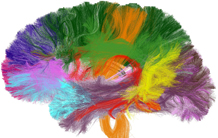 |
I2BM
The
Institute of Biomedical Imaging develops methodologies and multimodal biomedical imaging technologies as well as their applications. Its researchers focus on understanding how the human brain functions, on diagnostic tools, and on innovative therapeutic approaches for neurodegenerative, cardiovascular, viral and oncological diseases. |
| |
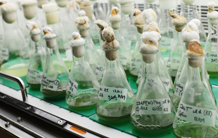 |
IBEB
The
Institute of Environmental Biology and Biotechnology is interested in responses of the living to environmental stresses, the mechanisms of bioconversion of energy, and production of high-energy molecules (bioenergy). It develops biotechnologies aimed at preserving the quality of the environment and health (bioremediation of contaminated soil or water, biosensors, etc.), and at producing biofuels. |
| |
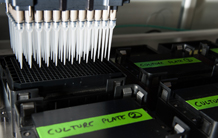 |
IBITECS
The
Institute of Biology and Technology Saclay conducts research projects in genetics, molecular and cellular biology, structural biology, protein engineering, pharmacology, organic and inorganic chemistry, bioenergy, and biosecurity. This research is supported by the development of methodologies such as metabolomics, spectroscopy (NMR, Raman, EPR, etc.), high-throughput screening, immunoanalysis and isotopic labeling. |
| |
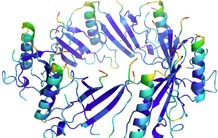 | IBS
The Institute of Structural Biology is at the same time a research center, a technical facility, and a host site. It develops tools and methods for integrated structural biology. Its teams are interested in the molecular mechanisms of interactions between host cells and pathogens, as well as redox complexes and energy conversion, intrinsically disordered proteins, and membrane proteins. IBS is a joint structure of the CEA, CNRS and Université Joseph Fourier. |
| |

| IG
The
Genomics Institute unites French research efforts in genomics. Thanks to sequencing capabilities at their disposal and their expertise in genome analysis, teams from the IG explore biodiversity and decipher the human genome to understand human diseases. Researchers from the IG also analyze genomes to propose methods of energy-efficient synthesis (biocatalysis, synthetic biology, etc.) to industry. |
| |
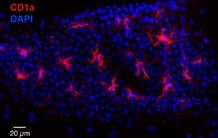
| IMETI
The
Institute of Emerging Diseases and Innovative Therapies is interested in new diseases (infectious or genetic). Its researchers rely on the study of pathogenic processes, including the role of the immune system, in order to develop new vaccine strategies and therapeutic approaches (gene therapy). Its teams can be mobilized by the government in case of an epidemic or other health crisis (prions, influenza, Chikungunya, etc.). |
| |
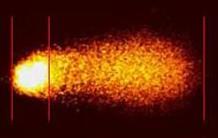
|
IRCM
The
Institute of Cellular and Molecular Radiobiology analyzes DNA repair mechanisms and the effects of radiation on somatic stem cells, develops radiotherapy, and studies individual radiosensitivity. It develops basic research on model organisms to understand mechanisms of genome stability, cancer and tissue regeneration. |
| |
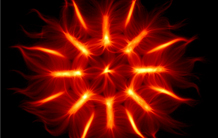 | IRTSV
The
Institute of Life Sciences Research and Technologies relies on an ensemble of technology platforms (proteomics, high-throughput RNA interference, screening, and molecular dynamic imaging) to understand the function of proteins by a multi-scale approach. Its teams study the molecular mechanisms of infection and carcinogenesis, the biological systems that use and transport metals, and cell and plant physiology. The IRTSV is a joint structure of the CEA, Université Joseph Fourier, CNRS and INSERM. |